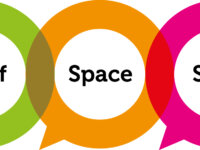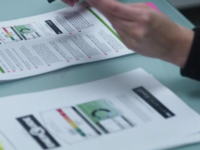Case Study
Using Behavioral Science to Reduce Corruption Within Mexico’s Public Service: An Innovative Way to…
Corruption in Mexico is a daunting problem that negatively affects the lives of millions, despite the growing expenditure in fighting it. UCEx’s evidence-based innovation is an alternative solution resulted from a rigorous field experiment. It used behaviorally informed-messages sent to 157,586 real public officials to increase the reports of gifts they receive and may pose a conflict of interest.This intervention puts “a foot on the door” towards the long path of controlling corruption.






